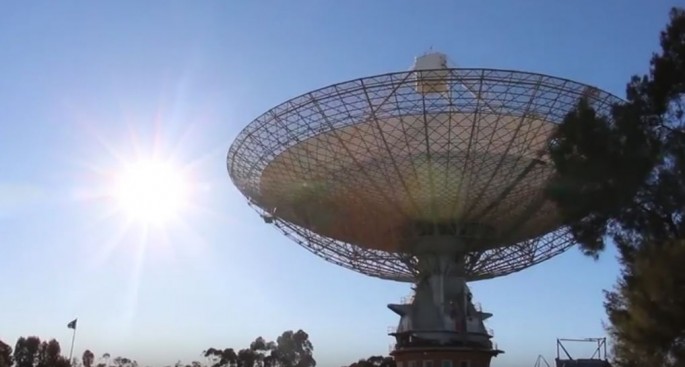China's growing appetite for space explorations is more pronounced than ever as the nation announced its plans to conduct a total of 30 mission launches this year, according to an article by The Atlantic. If the target is reached, it would be a glorious moment for China.
In 2016 alone, China was able to conduct 21 successful mission launches, placing the nation in second place after the U.S. (22 launches) and just ahead of Russia (16 launches).
And it doesn't stop there. The China National Space Administration (CNSA) recently released a policy paper that outlines the nation's plans for space exploration in the next five years.
Aside from the slated 2017 launch of China's first cargo spacecraft, CNSA also plans to send the first rover to the far side of the moon in 2018 and send a rover on Mars in 2020.
"Our overall goal is that, by around 2030, China will be among the major space powers of the world," said Wu Yanhua, deputy chief of CNSA, in a press conference held upon the release of the policy paper.
In addition, Chinese officials have also said the country plans to send astronauts on the moon by the 2030s, although it wasn't mentioned in the policy paper.
China's five-year space goals exhibit the nation's growing space program, although it is often overlooked by other spacefaring nations like the United States. Although China is at least a decade late in the space race, its ambitions and capacity to act on its goals are growing.
Meanwhile, it is unclear how the U.S. will go on with its space exploration programs especially with the new administration.
While President Donald Trump reiterated that the U.S. is "ready to unlock the mysteries of space" in his recent inaugural address, the new president has yet to formulate his NASA policy.



























